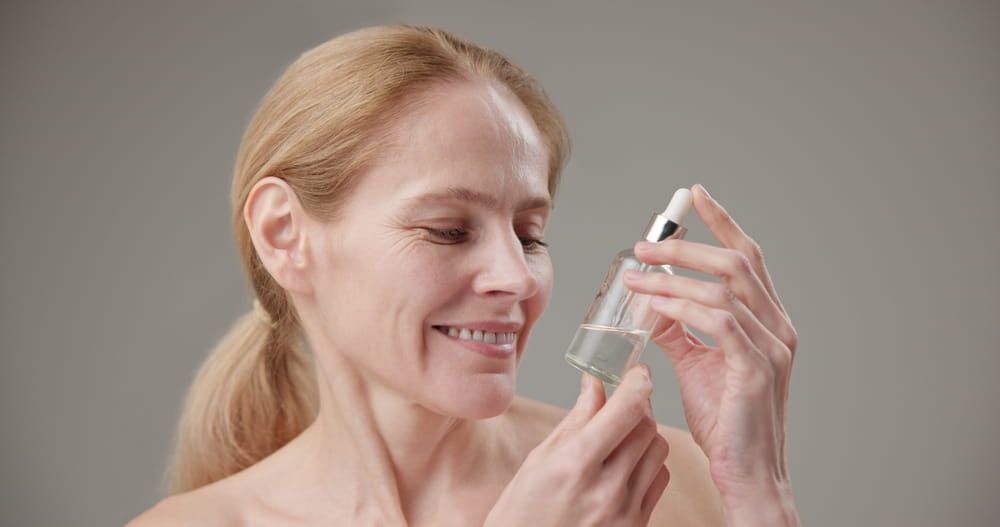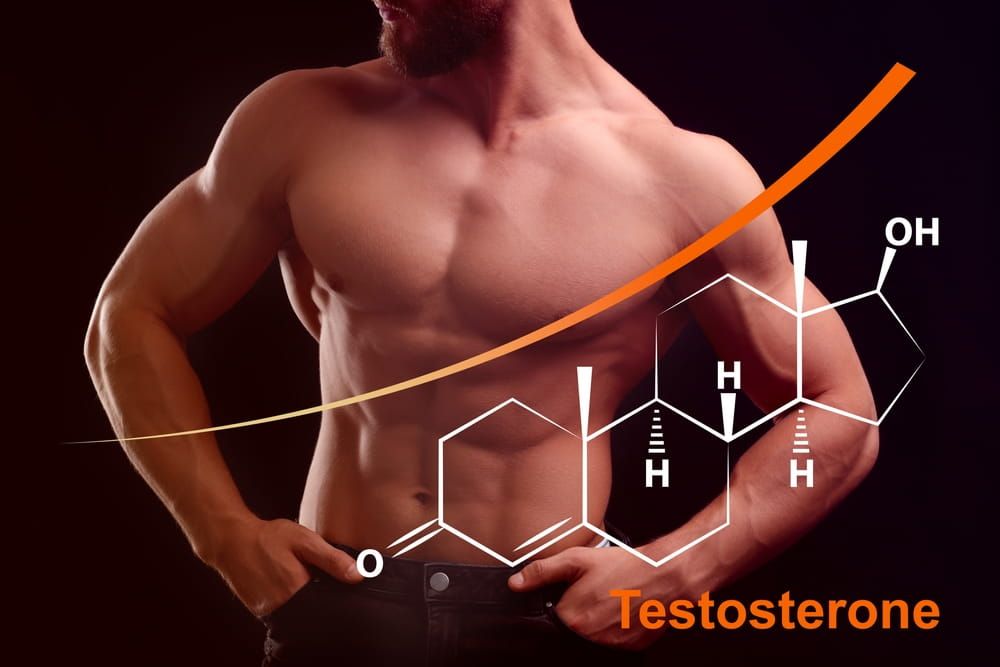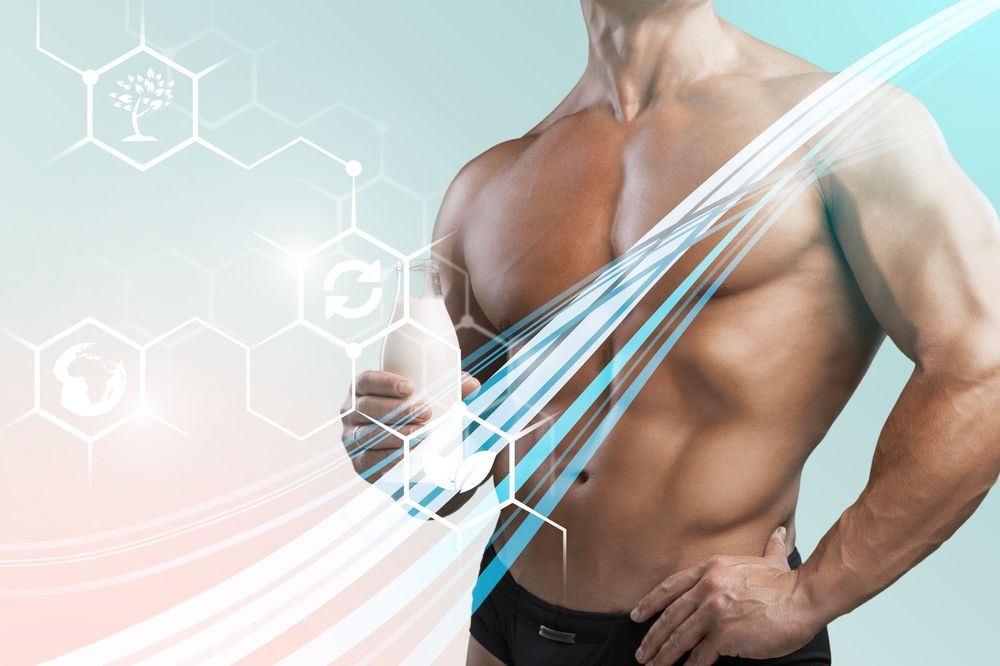Acne is often associated with the tumultuous teenage years, but for many adults, it can persist well into adulthood and even emerge for the first time later in life. Adult acne can be frustrating and distressing, impacting self-esteem and overall well-being. Understanding the causes of adult acne is crucial for effective management and achieving clear, healthy skin. In this blog from TestMeD Clinic, we delve into the common causes of adult acne and shed light on potential triggers that might be lurking beneath the surface.
What Is Adult Acne?
Adult acne refers to the occurrence of acne, a common skin condition characterized by the formation of pimples, blackheads, whiteheads, cysts, and nodules, in individuals who are past their teenage years and have entered adulthood. While acne is often associated with adolescence due to hormonal fluctuations during puberty, it can persist or develop later in life, particularly in people in their 20s, 30s, 40s, and even beyond.
What Are Common Causes Of Adult Acne?
- Stress is a significant contributor to adult acne. When you’re under stress, your body releases stress hormones like cortisol, which can trigger increased sebum production and inflammation in the skin. Poor lifestyle choices, such as an unhealthy diet, lack of sleep, smoking, and excessive alcohol consumption, can also disrupt hormone balance and contribute to acne breakouts.
- The skincare and cosmetic products we use can play a role in adult acne. Certain products, particularly those that are comedogenic (tend to clog pores), can exacerbate acne breakouts. Additionally, improper skincare routines, such as aggressive scrubbing or using harsh products, can irritate the skin and worsen acne symptoms.
- Certain medications, such as corticosteroids, hormonal medications, and some anticonvulsants, can trigger or aggravate acne in adults. Additionally, underlying medical conditions, including PCOS, thyroid disorders, and hormonal imbalances, can contribute to the development of acne.
- Environmental factors can impact adult acne as well. Exposure to pollutants, irritants, and high humidity levels can clog pores and increase the risk of acne breakouts. Occupational exposure to certain chemicals or oils, such as in industrial or oily work environments, can also contribute to acne development.
- Genetics can play a role in adult acne. If your parents or close relatives had a history of acne, you may be more predisposed to experiencing adult acne as well. Genetic factors can influence sebum production, pore size, and the skin’s response to hormonal changes, making you more susceptible to acne.
- Hormonal imbalances are a common cause of adult acne. Fluctuations in hormone levels, particularly androgens like testosterone, can stimulate the sebaceous glands to produce excess sebum. This overproduction of sebum can clog pores, leading to the formation of acne. Hormonal fluctuations can occur during the menstrual cycle, pregnancy, perimenopause, menopause, or as a result of conditions like polycystic ovary syndrome (PCOS).
How Can Hormones Cause Adult Acne?
Hormones play a significant role in regulating the sebaceous glands, which are responsible for producing sebum, the oily substance that moisturizes and protects the skin. When hormone levels become imbalanced in men or women, particularly in relation to androgens (such as testosterone), it can lead to an overproduction of sebum, clogging the pores and resulting in acne breakouts.
In women, hormonal fluctuations during the menstrual cycle, pregnancy, perimenopause, and menopause can contribute to the development or worsening of acne. Conditions such as polycystic ovary syndrome (PCOS), characterized by increased androgen levels, are also associated with hormonal acne.
Common hormonal acne patterns include acne concentrated along the jawline, chin, and lower face. These areas have a higher density of oil glands and are more sensitive to hormonal influences.
It’s important to note that while hormone imbalance can be a contributing factor to adult acne, adult acne can be influenced by various factors, from hormonal imbalances and stress to skincare choices and environmental triggers. Understanding the causes of adult acne empowers individuals to make informed decisions about their skincare routines, lifestyle choices, and seek appropriate treatments.
If you are struggling with adult acne, consulting with a dermatologist or healthcare professional can help identify the underlying causes and develop a personalized treatment plan to effectively manage acne breakouts and restore clear, healthy skin. Remember, with the right knowledge and support, you can regain confidence and embrace a blemish-free complexion.
Use Personalized Data To Take Control Of Your Health
At TestMeD Clinic, we strive to supply our clients with a transparent view into their metabolism, hormones, and body composition. With our help, patients are provided with empirical data on an ongoing basis to help optimize their health needs.
When patients are properly educated and informed about the workings of their body, they are able to properly coordinate with other medical and healthcare professionals to enhance their quality of life. TestMeD Clinic of Houston, TX helps you take control of your life with body composition analysis, hormone test panels, medical weight loss programs and more. Call 832-810-4615 to get started.







